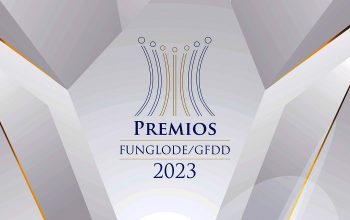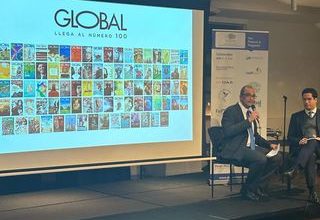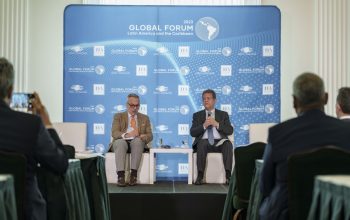news
Ambassador and Permanent Representative of Bangladesh to the United Nations, Dr. A. K. Abdul Momen Accepts Invitation to Global Roundtable at FUNGLODE Headquarters in Santo Domingo
August 11, 2011
In the latest installment of their highly regarded Global Roundtable series, GFDD and FUNGLODE had the pleasure of hosting Dr. A. K. Abdul Momen, Ambassador and Permanent Representative of Bangladesh to the United Nations and Vice President of the UN’s Economic and Social Council (ECOSOC).
On August 12, Ambassador Momen discusses Bangladesh’s new economic model
that aims to enhance democracy, job creation and socio economic development through the application of Information Communications technologies.
About Bangladesh
Though a relatively small country alongside neighboring India, Bangladesh boasts a sizeable population and big ambitions. At nearly 165 million people, it is one of the world’s most densely populated countries.
Almost half of them presently live on less than one dollar a day, but the government has moved to alleviate poverty through policies aimed at reducing population growth and improving health and education.
Industrialization has been a priority in this regard, with a robust export industry that leading in garments, fish, and leather goods. Bangladesh is even listed among the “Next Eleven” economies, a group that includes countries such as South
Korea and Turkey, whose members boast great potential for becoming major economic forces in the 21st century.
Such development has been a long time coming. Founded only thirty years ago, Bangladesh shed its status as East Pakistan and separated from what we now know as Pakistan in 1971 to become the sovereign independent nation it is today. Independence, however, was followed by further turmoil as military rule gripped on the country for 15 years. Democracy was
restored in 1990.
As a fledgling democracy, Bangladesh has experienced political tensions that have led to the targeting of political figures, opposition rallies, and public gatherings. These tensions have occasionally escalated to acute violence, with the death of hundreds people over several years.
Despite its proximity to a volatile region, Bangladesh has gone a very different way than its former relation Pakistan. Religious extremism in
the Muslim-majority country with a large Hindu minority has been minimal, and the country has a tradition of tolerance and moderateness.
The country finds itself barely above sea-level, among the delta-rivers that empty into the Bay of Bengal. The vast onshore and offshore gas reserves that have been found there have the potential to contribute to the country’s future prosperity.
Beyond its economic promise, Bangladesh has taken on
a leadership role in the region as a founding members of the South Asian Association for Regional Cooperation (SAARC) and Bay of Bengal Initiative for Multi-Sectoral Technical and Economic Cooperation (BIMSTEC).





